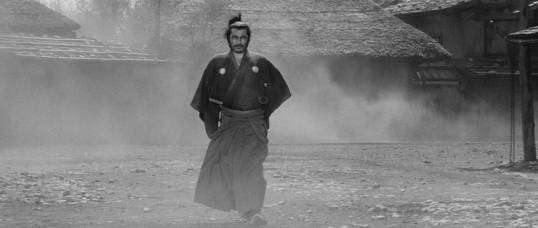Welcome to Late Night Retro Television Reviews, a feature where we review some of our favorite and least favorite shows of the past! On Mondays, I will be reviewing CHiPs, which ran on NBC from 1977 to 1983. The entire show is currently streaming on Freevee!
What would CHiPs be like without motorcycles? We’re about to find out.
Episode 1.20 “Rainy Day”
(Dir by Gordon Hessler, originally aired on March 2nd, 1978)
While riding his motorcycle on the California highway, Baker groans as he feels a drop of water. He tells Ponch that it’s going to rain and the two of them are going to end up getting stuck in a patrol car.
“It’s only sprinkling!” Ponch replies.
One jump cut later and Ponch and Baker are trapped in the middle of a downpour. Despite the heavy rain and the fact that they’re getting soaked, they still manage to save a teacher after a car swerves on the slick road and hits her school bus. (Apparently, in 1978, teachers also had to drive the school buses.) The teacher is young and attractive so, of course, Ponch tells her that she and her students can drop by the station and see him any time that they want.
As for the rain, it turns out that Baker was right. After giving them a hard time about their wet uniforms (and not even bothering to acknowledge that those uniforms got wet while Baker and Ponch were saving someone’s life), Getraer assigns them to a patrol car for the day. It’s a new patrol car so Getraer warns them not to get a scratch on it. Usually, I can kind of understand why Getraer is a bit weary of Ponch but, in this episode, the guy’s just a jerk about everything.
You can probably already guess what the main problem with this episode is. The appeal of CHiPs, at least from what I’ve seen so far, is that it features a lot of exciting motorcycle stunts. Chase scenes involving motorcycles are fun to watch because motorcycles can go extremely fast and they can weave in-and-out of traffic. The show works best when Ponch and Baker are on their motorcycles. This episodes put them in a bulky, slow-moving squad car. Even stuck in the car, Ponch and Baker manage to catch a car thief and they put an end to an illegal gambling casino that’s been hidden inside of an RV. But it really doesn’t matter because they’re in a squad car. There’s nothing exciting about a squad car.
And yes, the squad car does get trashed, specifically while Ponch and Baker are chasing a degenerate gambler (Herb Edelman) who was seeking revenge against the RV casino. Getraer is not happy about the damage to the car, despite the fact that there really wasn’t any way to avoid it and Ponch and Baker managed to prevent a lot of people from getting injured. Fortunately, Officer Grossman (Paul Linke) accidentally backs into the squad car, leaving it ambiguous as to who is responsible for what damage. Getraer will just have to get mad at everyone, I guess.
I love the rain so I did appreciate the fact that this episode featured a lot of it. But otherwise, the whole thing just felt off. I don’t care how wet it is outside. Baker and Ponch just do not belong in a car.
















